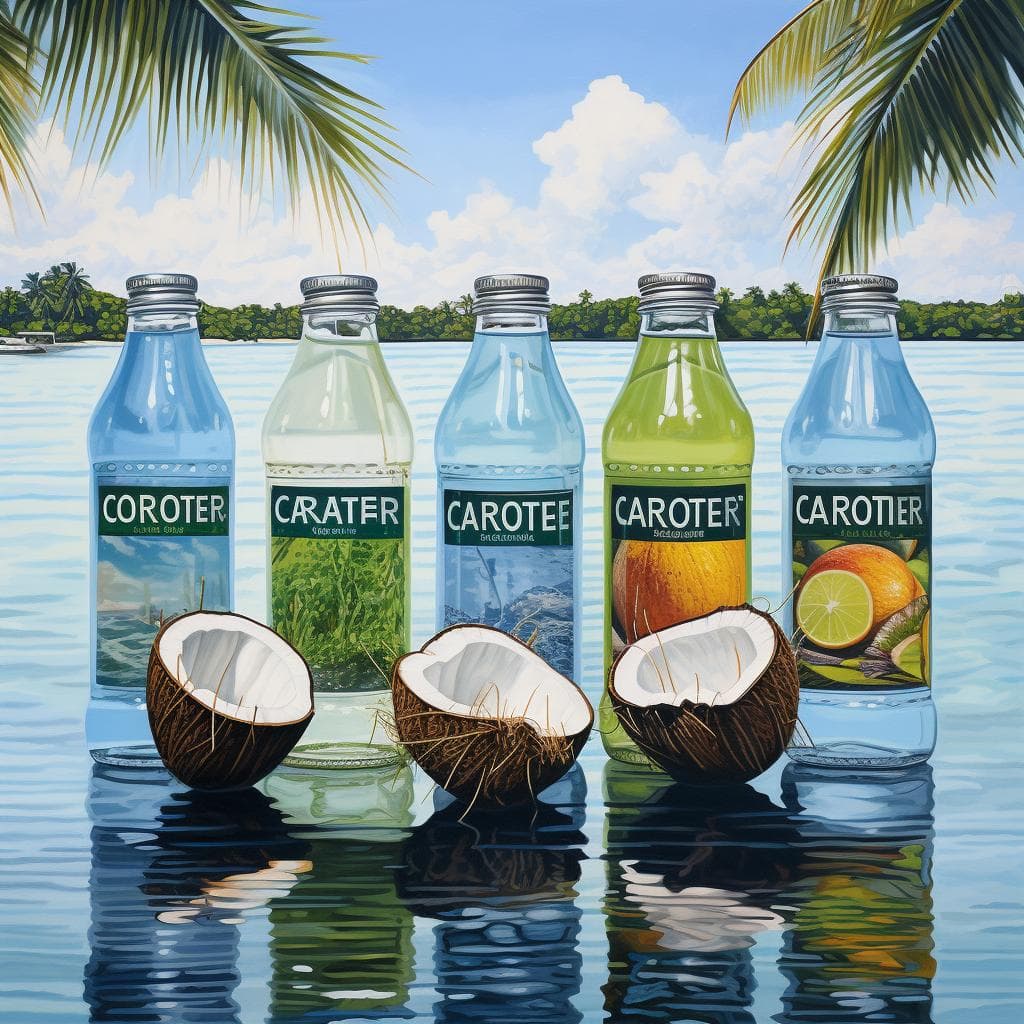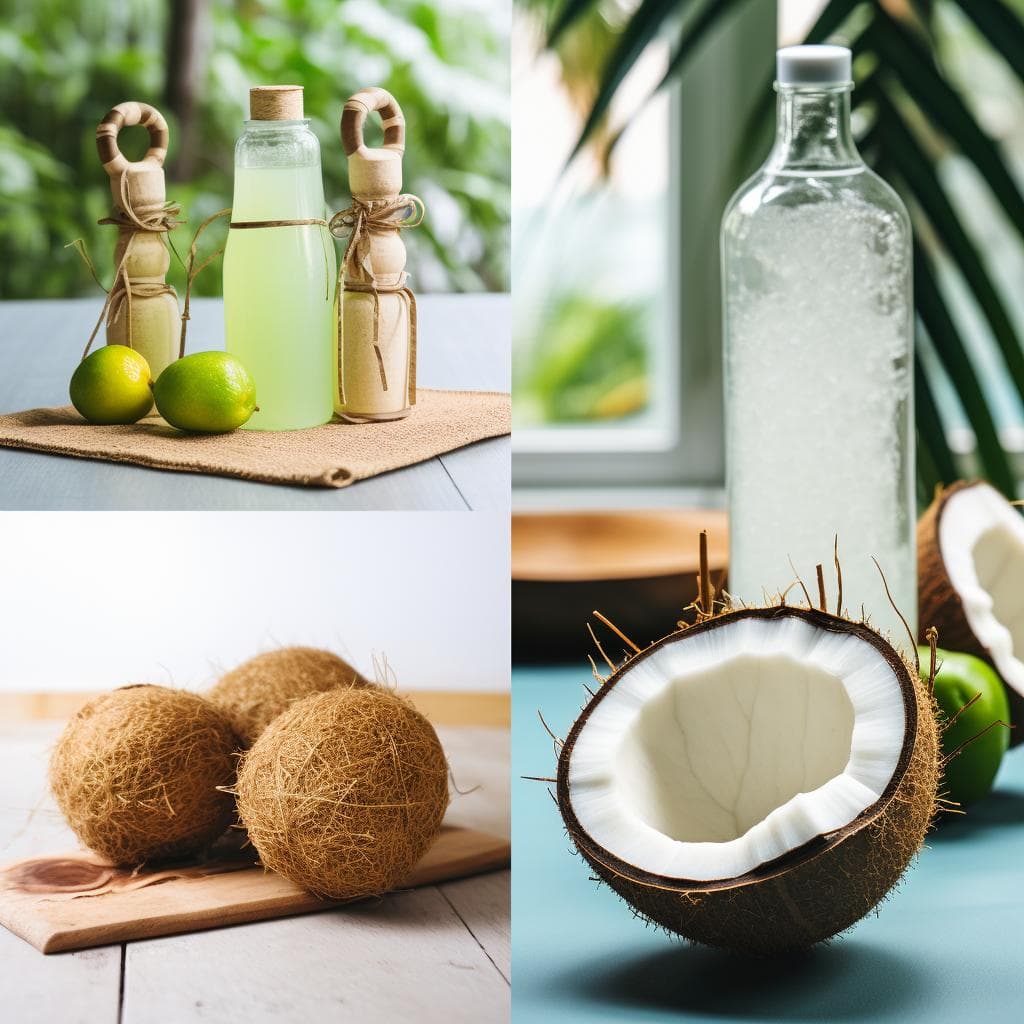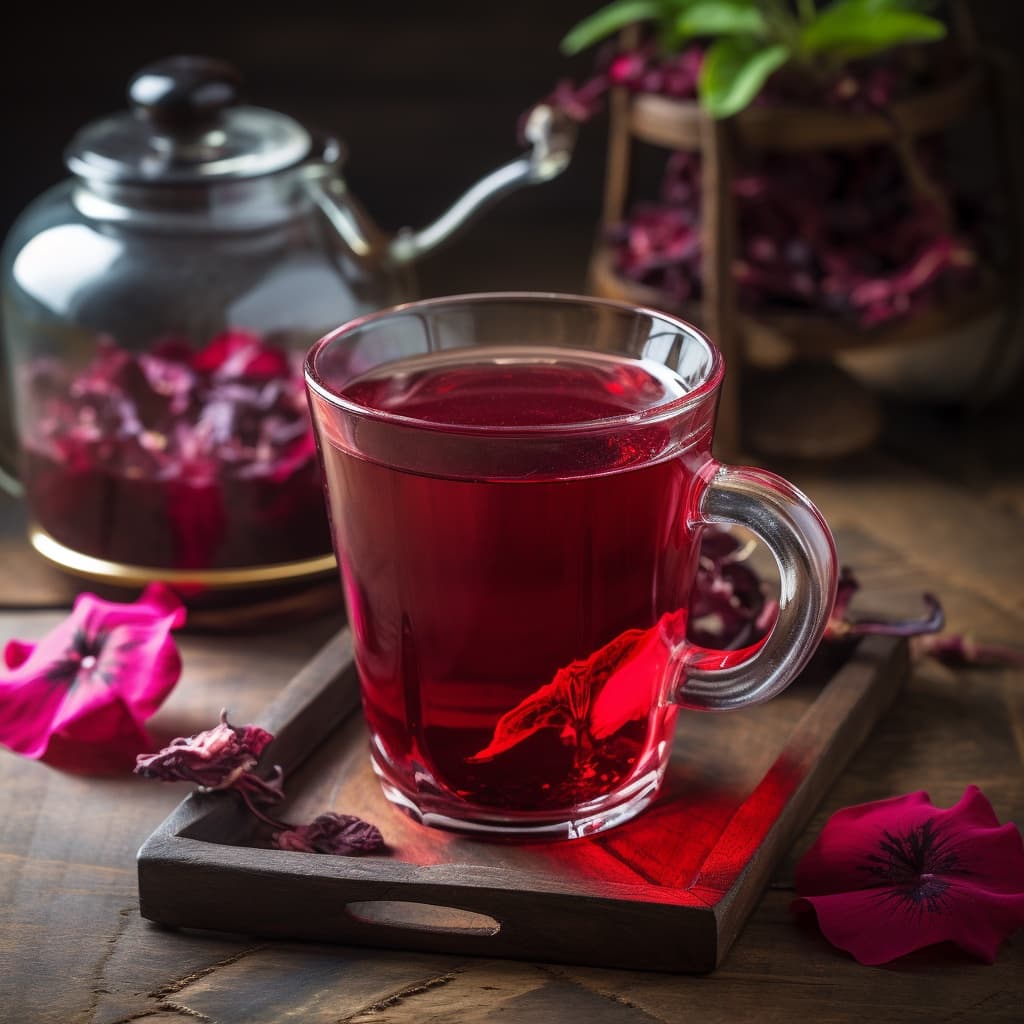High blood pressure, or hypertension, is a prevalent health condition that can increase the risk of heart disease, stroke, and other complications. While lifestyle modifications such as a balanced diet and regular exercise are key in managing blood pressure, the role of beverages should not be overlooked. In this article, we will explore the impact of various beverages on blood pressure and provide insights into how making informed drink choices can support the management of high blood pressure.
Understanding High Blood Pressure
High blood pressure occurs when the force of blood against the artery walls is consistently too high. It is often influenced by factors such as genetics, age, obesity, and lifestyle choices. Managing blood pressure is crucial for overall cardiovascular health.
The Importance of Lifestyle Modifications
Adopting a healthy lifestyle is essential in managing high blood pressure. This includes regular exercise, maintaining a healthy weight, reducing sodium intake, and consuming a balanced diet rich in fruits, vegetables, whole grains, and lean proteins.
Beverages to Limit for Blood Pressure Control
Certain beverages can significantly impact blood pressure and should be consumed in moderation or avoided. These include sugary drinks, high-sodium beverages, energy drinks, and excessive amounts of caffeinated beverages.
Hydration and Blood Pressure
Proper hydration plays a role in blood pressure regulation. Drinking an adequate amount of water throughout the day helps maintain optimal blood volume and promotes healthy blood pressure levels. It is essential to balance hydration with a reduced sodium intake for better blood pressure management.
The Power of Herbal Teas
Herbal teas, such as hibiscus tea and green tea, have been associated with potential blood pressure-lowering effects. These beverages are rich in antioxidants and bioactive compounds that may help promote healthy blood pressure levels. However, it's important to consult with a healthcare professional for personalized recommendations.
Fruit and Vegetable Juices for Blood Pressure
Certain fruit and vegetable juices, such as beetroot juice and pomegranate juice, have shown promise in reducing blood pressure. These juices are naturally rich in nitrate, which can help relax blood vessels and improve blood flow.
The Role of Low-Fat Milk and Dairy Alternatives
Low-fat milk and dairy alternatives, such as almond milk or soy milk, can be part of a heart-healthy diet for blood pressure management. They provide essential nutrients like calcium and potassium, which are beneficial for maintaining healthy blood pressure levels.
The Impact of Alcohol on Blood Pressure
Excessive alcohol consumption can raise blood pressure and should be limited. If consumed, it's advisable to do so in moderation, adhering to recommended guidelines. Reducing alcohol intake or avoiding it altogether can help support blood pressure control.
Incorporating Heart-Healthy Beverages into Your Diet
Incorporating heart-healthy beverages into your daily diet can contribute to better blood pressure management. This includes staying hydrated with water, incorporating herbal teas, consuming fruit and vegetable juices in moderation, and opting for low-fat milk or dairy alternatives.
Conclusion
While lifestyle modifications are crucial for managing high blood pressure, the role of beverages should not be underestimated. Making informed drink choices, such as limiting sugary and high-sodium beverages, staying properly hydrated, incorporating beneficial herbal teas and juices, and selecting heart-healthy options, can play a significant role in supporting blood pressure control and overall cardiovascular health.
FAQs
1. Can drinking more water help lower blood pressure?
* Staying properly hydrated by drinking water can support blood pressure control. However, it is important to maintain a balanced fluid intake and consult with a healthcare professional for personalized recommendations.
2. Are there specific herbal teas that are beneficial for blood pressure?
* Certain herbal teas, such as hibiscus tea and green tea, have shown potential in promoting healthy blood pressure levels. However, individual responses may vary, and it is advisable to consult with a healthcare professional.
3. Can fruit and vegetable juices replace medications for blood pressure?
* Fruit and vegetable juices may have blood pressure-lowering effects, but they should not replace prescribed medications. They can be a supportive addition to a balanced diet and lifestyle modifications.
4. Is it necessary to completely avoid alcohol for blood pressure control?
* It is not necessary to completely avoid alcohol, but excessive consumption should be limited. Following recommended guidelines and reducing alcohol intake can help support blood pressure management.
5. How can I incorporate heart-healthy beverages into my diet?
* You can incorporate heart-healthy beverages by choosing water as your primary drink, adding herbal teas to your routine, consuming fruit and vegetable juices in moderation, and selecting low-fat milk or dairy alternatives.
Note: The information provided in this article is for informational purposes only and should not be considered as medical advice. It is always recommended to consult with a healthcare professional for personalized recommendations regarding high blood pressure management.




